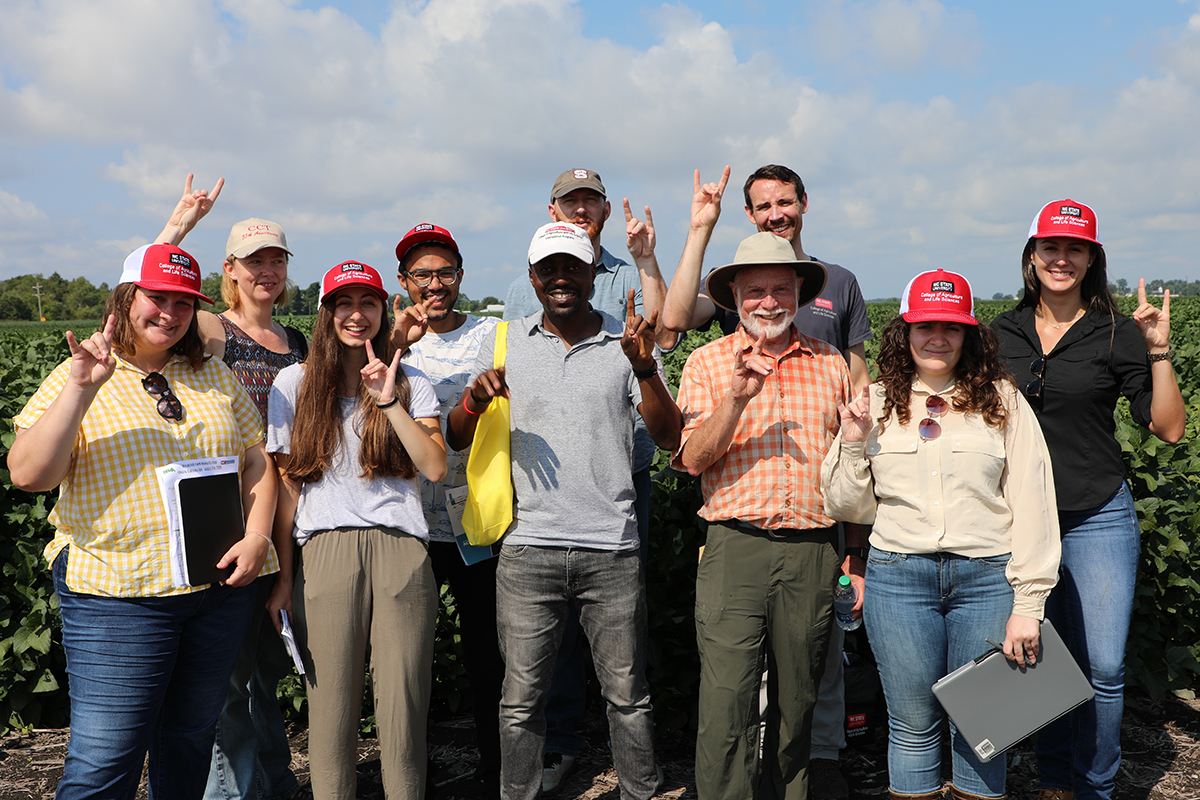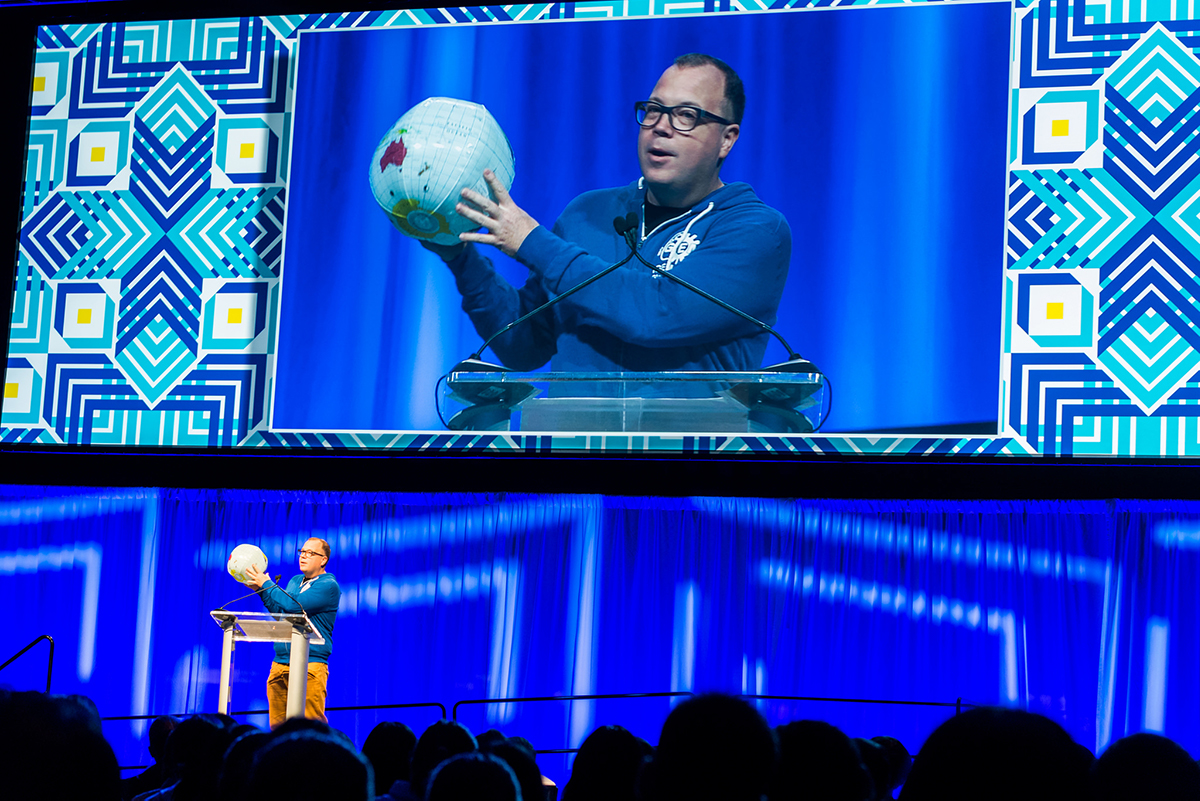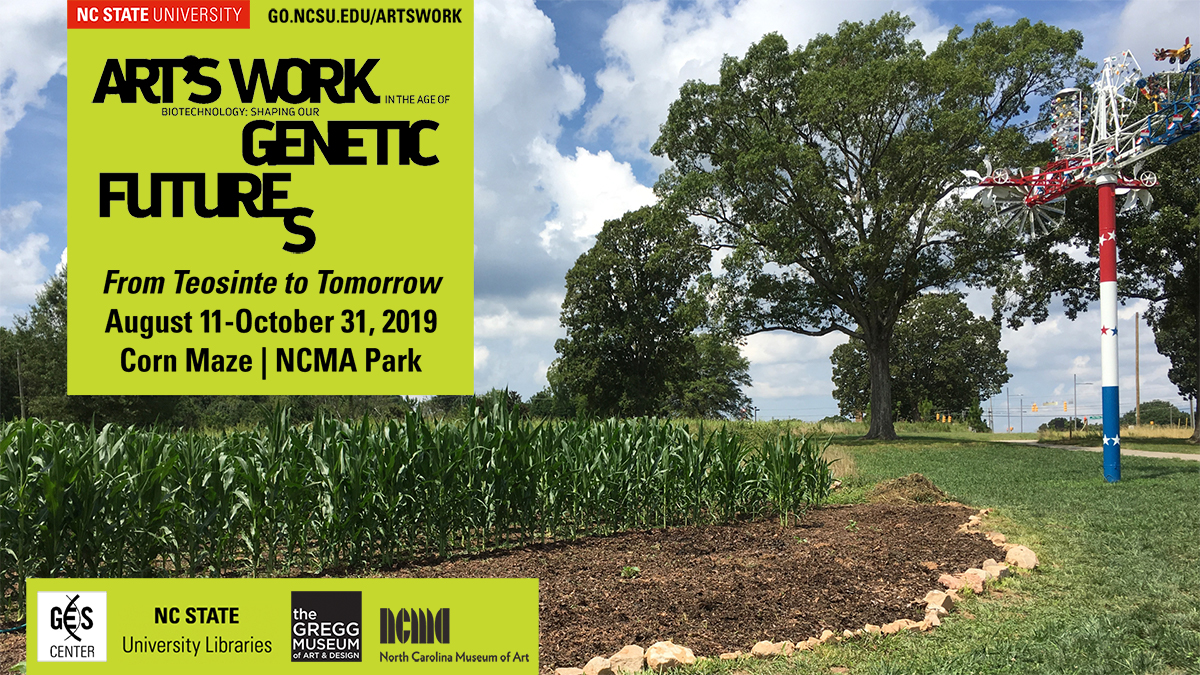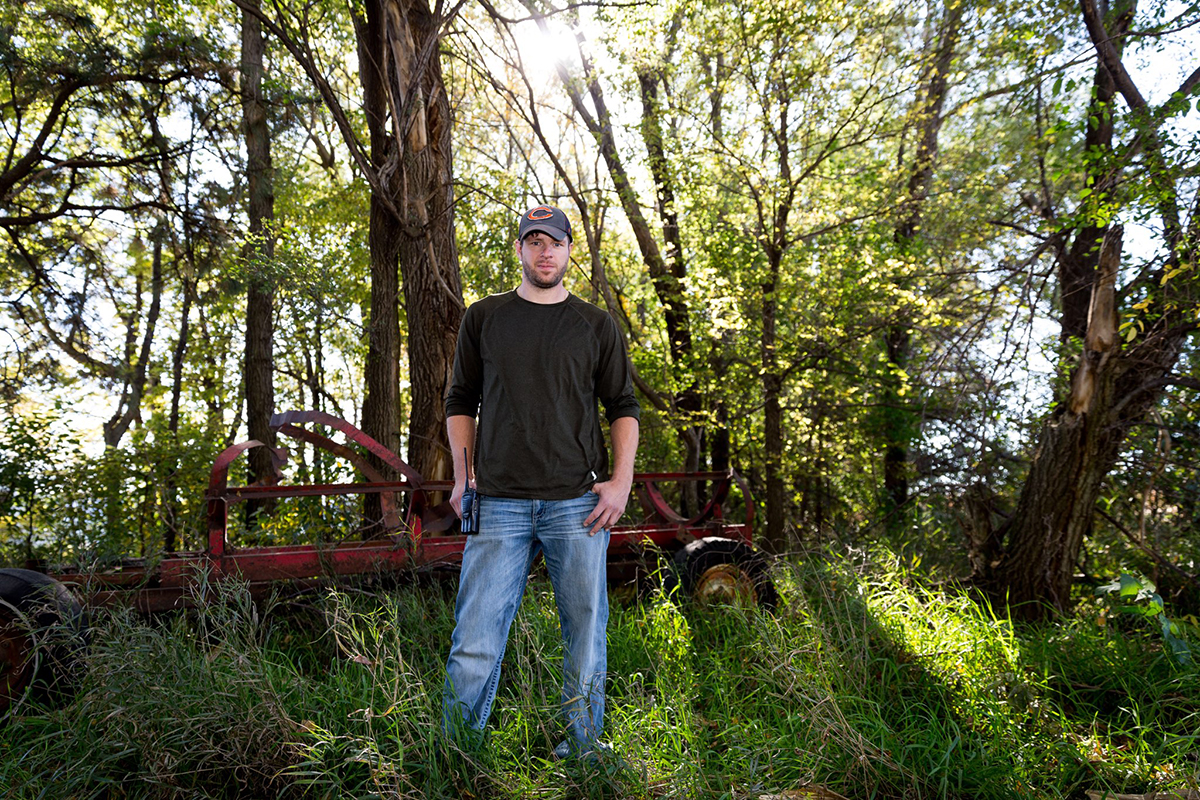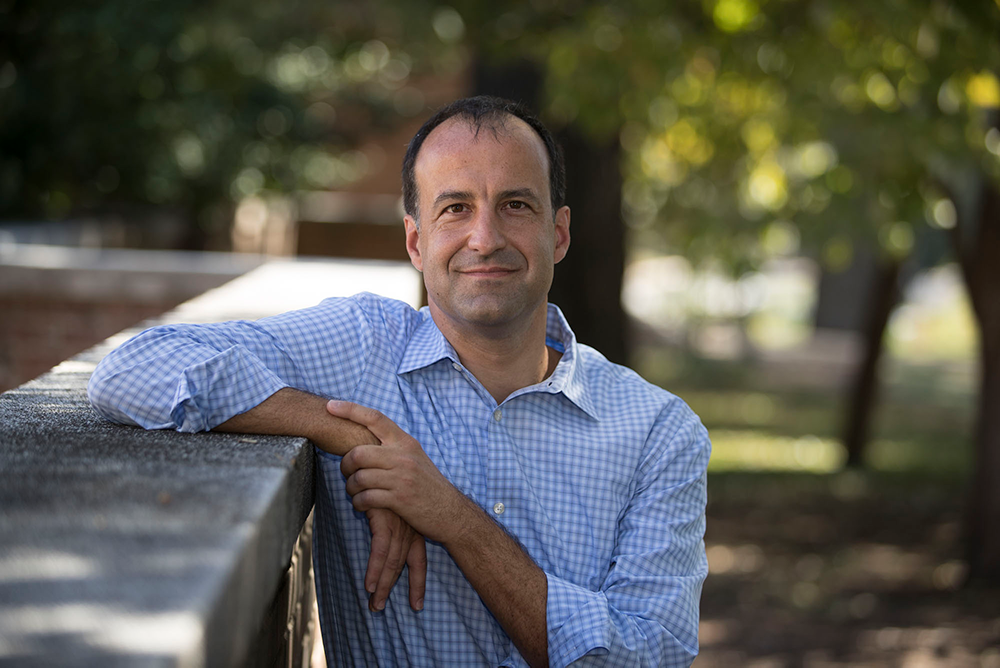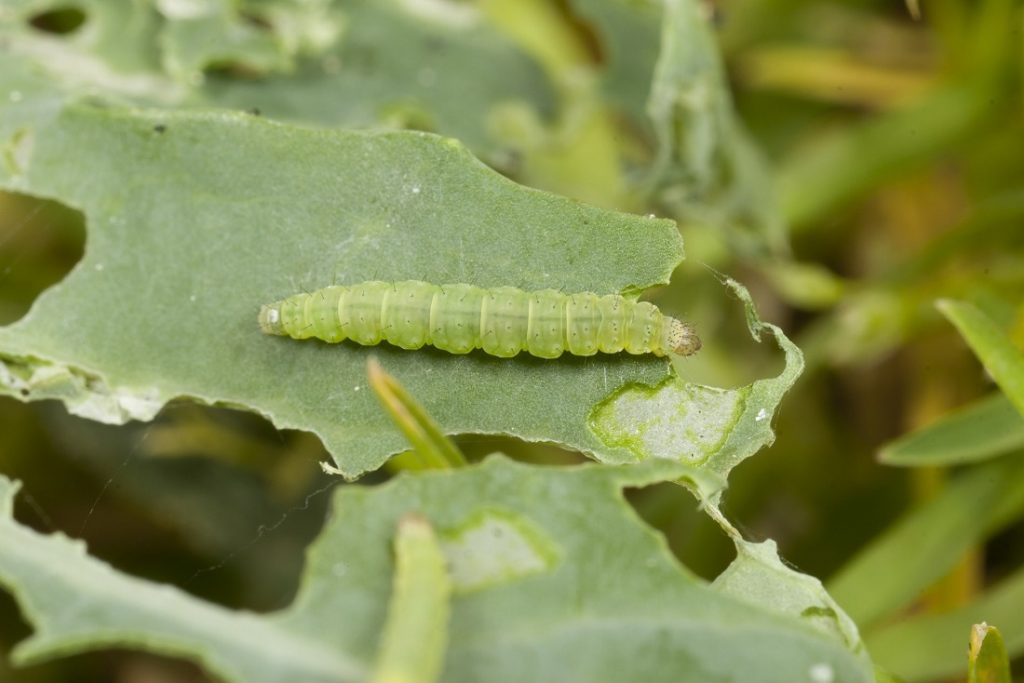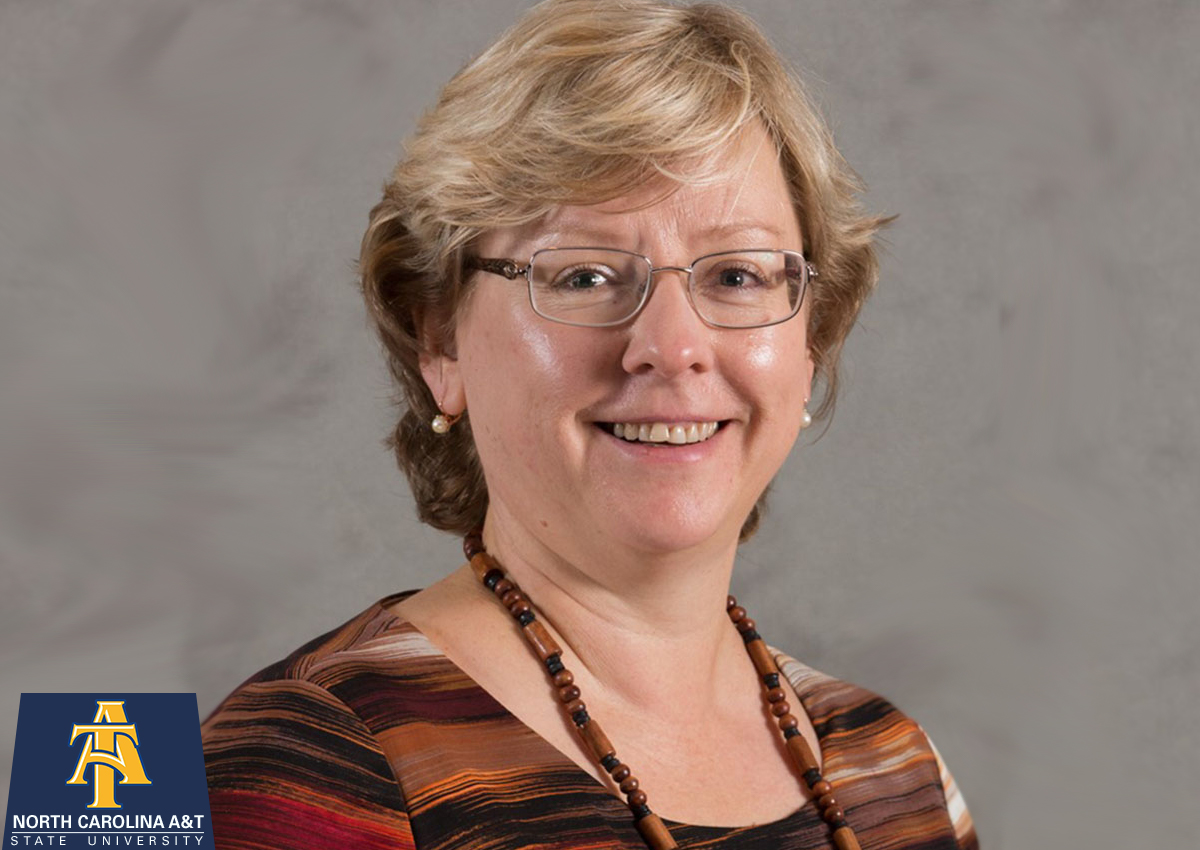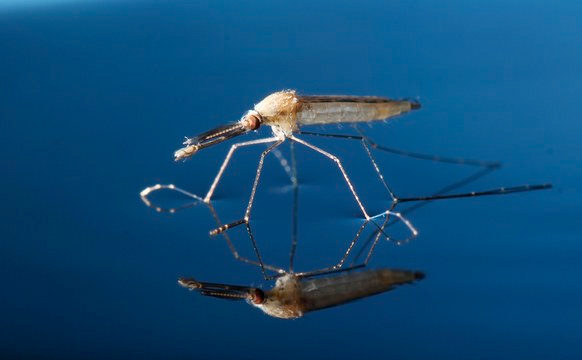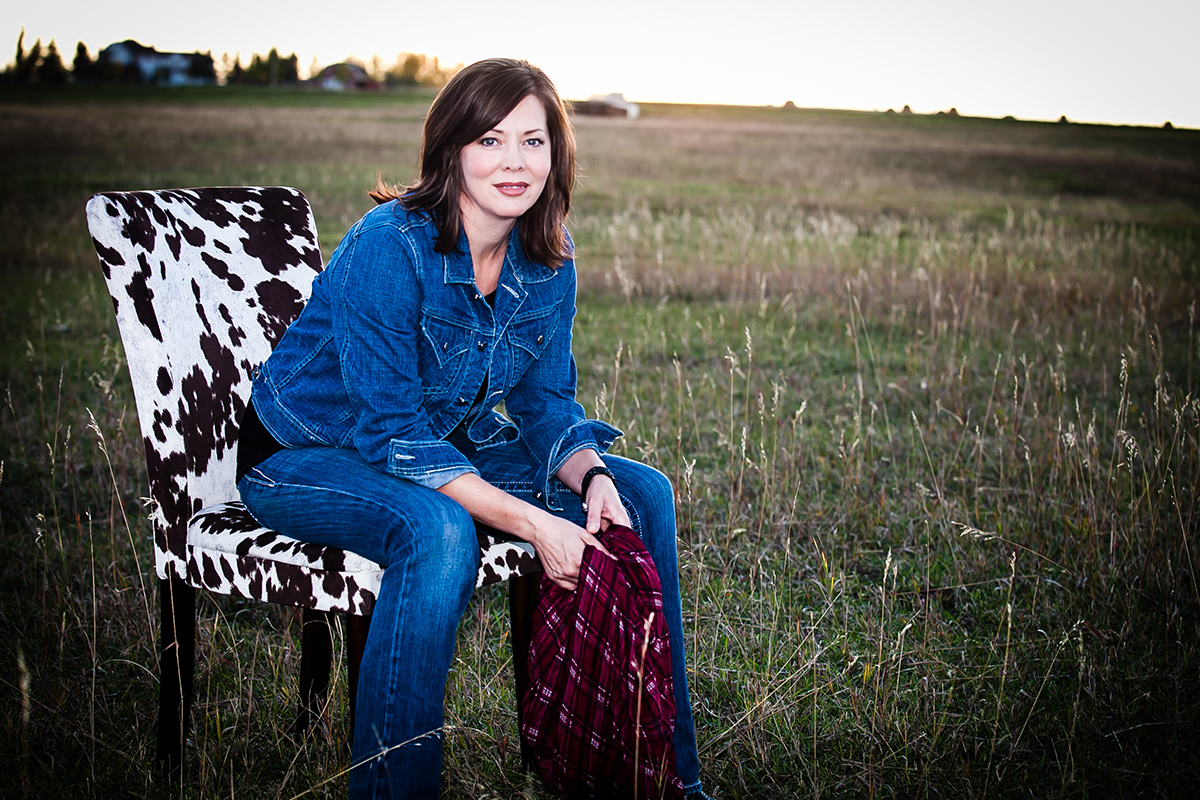First AgBioFEWS Cohort: Eastern NC Field Course Report | GES Colloquium
Poe 202 (North Campus) 2310 Katharine Stinson Dr., Raleigh, NC, United StatesThe first cohort of nine graduate students in the AgBioFEWS program spent time in Eastern NC this summer visiting with farmers and stakeholders. The students will present an overview of their experiences and discuss how these experiences have affected their perspectives on agricultural biotechnology.
